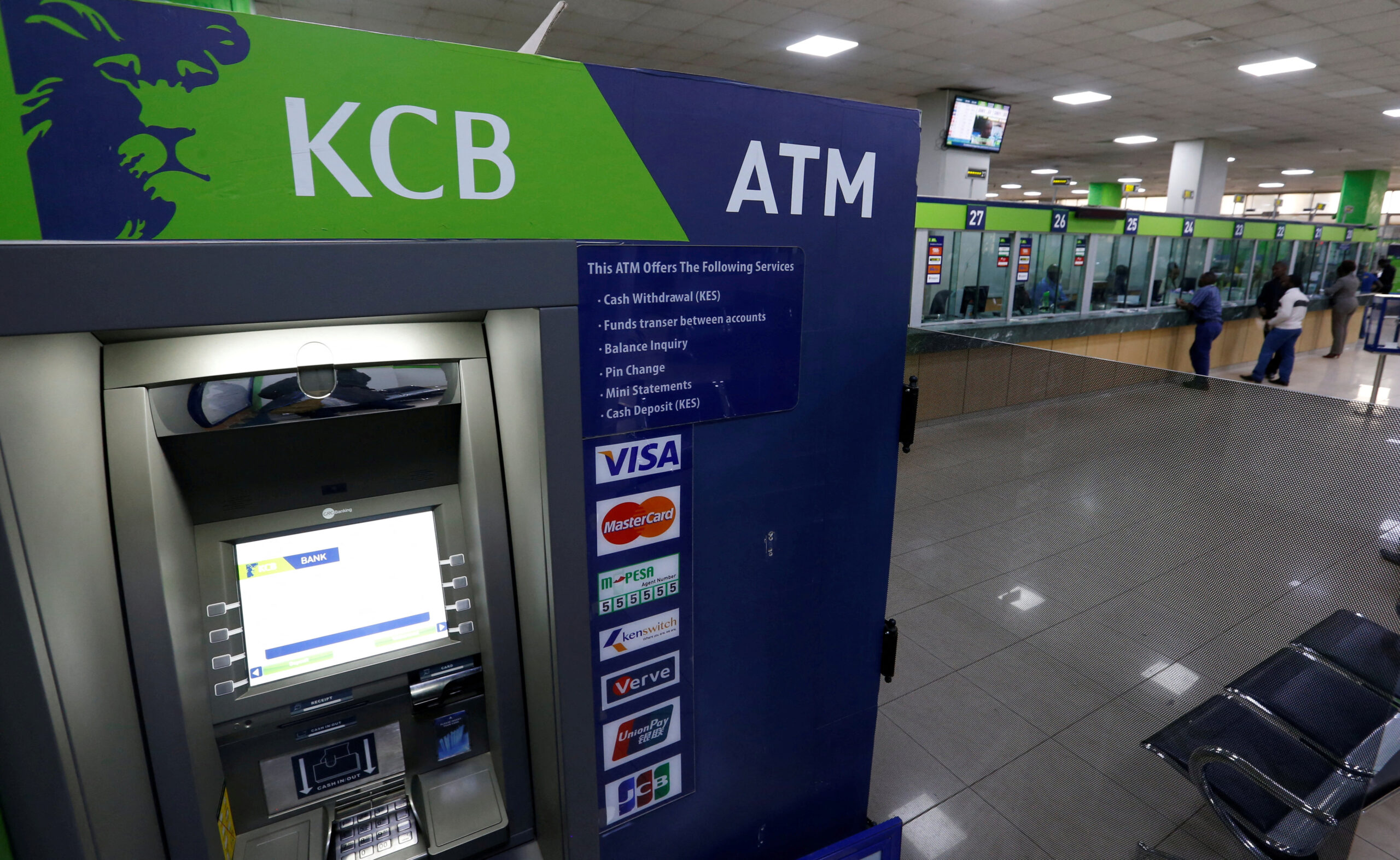KCB Group has initiated negotiations to purchase up to 40% of a local Ethiopian bank within 18 months.
This move makes the Group among the first foreign lenders to capitalise on Addis Ababa’s recent liberalisation of its banking sector.
The action was taken in response to Ethiopia’s parliament allowing foreign banks to function through branches, subsidiaries, or equity stakes, with a 40 per cent foreign ownership cap.
KCB intends to finance the transaction using a portion of the money received from the sale of the National Bank of Kenya to Access Bank of Nigeria.
Ethiopia’s banking market is dominated by the state-owned Commercial Bank of Ethiopia, which owns nearly half of the sector’s assets and deposits. This makes it a desirable but highly regulated growth sector.
Big step in diversifying earnings
KCB’s planned acquisition is a big step in diversifying earnings outside of Kenya, as regional subsidiaries account for a third of its net income. By choosing acquisition over greenfield entry, KCB avoids costly head-to-head competition for deposits through digital channels and is able to scale in a market where only 46.5 per cent of adults have formal financial accounts.
Paul Russo, CEO of KCB Group, recommended purchasing stock in a nearby bank. This strategy is thought to be the most effective and realistic way to break into the market.
Russo stressed that such a partnership would promote knowledge transfer, improve local financial capabilities, and make entry easier.
Plan B
If this first plan doesn’t work, KCB has stated that it is willing to create a fully owned subsidiary as long as it can satisfy the nation’s capital adequacy and regulatory standards.
Ethiopia’s financial landscape is expected to undergo a significant transformation with the arrival of major regional players such as KCB.
The nation is regarded as a high-potential, underserved market because of its population of more than 120 million people and comparatively low banking penetration.
More competition is anticipated to spur innovation, especially in digital banking, and improve service delivery and credit availability for consumers and businesses.
Domestic banks face the prospects of intense competition from foreign entrants
On the other hand, to effectively compete with well-capitalized foreign entrants, domestic banks will probably be under pressure to enhance their governance, technological infrastructure, and operational efficiency.
KCB’s move aligns with its larger strategic expansion in East Africa, where it already has a sizable presence in Kenya, Uganda, Tanzania, Rwanda, Burundi, and South Sudan.
This proactive positioning highlights a growing regional trend of financial institutions looking to establish an early presence in developing, high-growth markets.
Ethiopia’s market liberalisation
In 2022, Ethiopia’s financial sector, which had previously been protected from outside competition, formally started the liberalisation process.
Thanks to the new regulatory framework, foreign banks can now enter the market through two primary channels: forming a new subsidiary with a foreign currency paid-up capital of at least 5 billion birr and purchasing up to a 30 per cent share in a domestic local bank.
KCB Group’s H1 2025 financial performance
In the first half of 2025, KCB Group PLC produced impressive financial results despite a challenging operating environment, fueled by growth in earning assets.
The Group remained committed to expanding and using its regional scale to drive continuous economic change and provide value to stakeholders, including shareholders and customers.
In light of this, the Board of Directors has suggested a KShs. 2.00 per share interim dividend for the 2025 period and an additional KShs. 2.00 per share special dividend (related to the sale of National Bank of Kenya). As a result, shareholders will receive KShs. 13 billion, the Bank’s largest interim payment and first-ever special dividend. Due to customer-focused initiatives, all business franchises reported higher earnings, resulting in an 8% increase in profit after tax from KShs. 29.9 billion to KShs. 32.3 billion.
“The business across markets remains resilient despite the tough operating environment in key markets like Kenya. Despite this, we have placed our customers at the fore, to ensure we meet their needs promptly,” said Paul Russo, the Group Chief Executive Officer, during the results’ release on Wednesday.
















